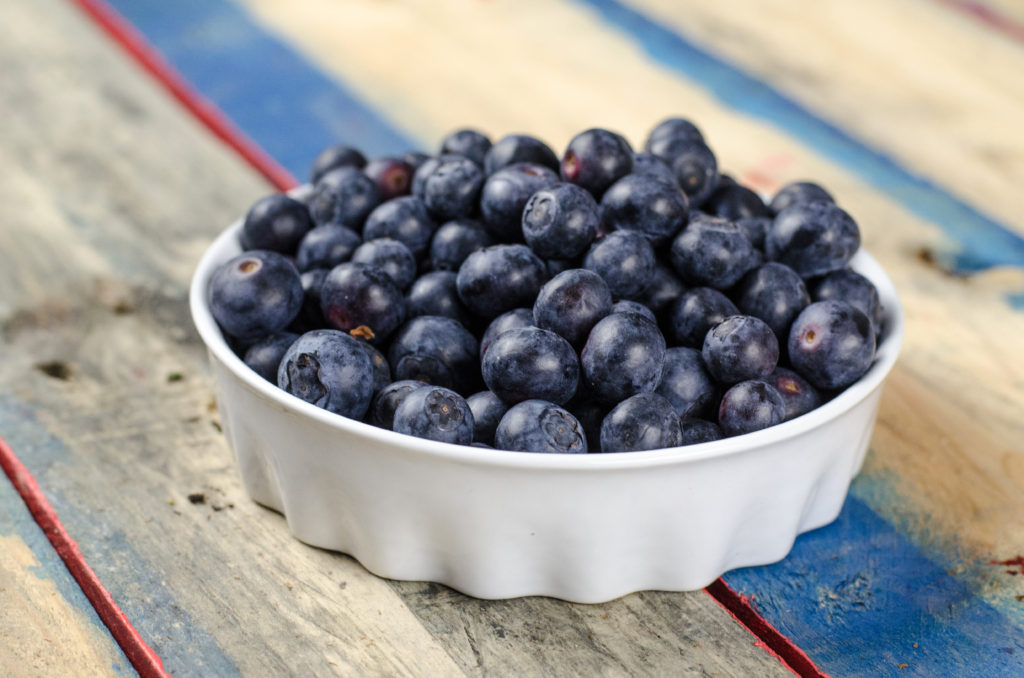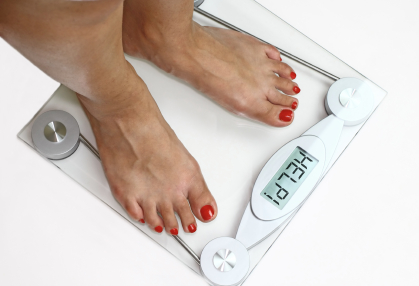
When I first entered the fitness industry over twenty eight years ago, we used to believe that a “calorie was a calorie” and that as long as you were burning more than you consumed, you would lose weight. You should have seen some of my lunches back then. After eating a box of Cheez Its and some salami I’d hit the gym and teach two back-to-back aerobics classes. At least I was getting my carbs and protein. 🙂
I still eat salami (quite often actually) and I will occasionally eat Cheez Its. However, over the years, I’ve learned that not all calories are created equal. Based on solid science, I now focus on a health-driven approach that includes eating whole foods as much as possible and recommend that my clients take this approach to meal planning as well.
Current research continues to prove that a whole food driven diet (eating food in as close to its natural state as possible) is one of the best ways to fuel your body mentally and physically. In fact, recent studies have shown that a whole food driven diet can actually boost your metabolism compared to a diet made up of processed foods which can cause your metabolism to slow down dramatically. Just one more reason to avoid heavily processed low calorie diet food. Thank goodness!
Please understand, I’m not suggesting that you should never eat anything processed. One of the biggest flaws in the diet industry today is that they usually have too many rules and restrictions. I want you to always feel free to live your life the way that you want to live it.
However, eating “whole foods” as much as possible can help you feel better and look better without ever having to diet in the first place.
Here are five simple tips to help you add more whole foods to your daily meals
Cook as much as you can. One of the top reasons I encourage meal planning and cooking your own food is that you have more control over the ingredients. You can modify recipes to suit dietary needs and have 100% control over what goes into your body. Magazines like Cooking Light are a great place to find healthy recipes that won’t skimp on taste or ingredients.
Buy fresh. Shop around the perimeter of the store for as much of your food as possible. The perimeter is where most of the fresh food is stored.
Not all processed food is unhealthy. Food that is deliberately changed before it is made available for us to eat is considered processed. It’s usually packaged in boxes or bags and contains more than one item on the ingredient list.
Some processed foods are actually healthy for you and can be great time savers. Foods like precooked whole grains, greek yogurt, nut butters, frozen fruits and veggies, organic soups, and canned beans are all great examples of healthy processed foods.
Take a quick look at the ingredient list before purchasing processed food. Ask yourself if it’s something you could make at home or if it can only be made in a lab. If you see things like high-fructose corn syrup or partially hydrogenated fats (transfats), the food has undergone a chemical process. I recommend avoiding these chemicals in your food as much as possible.
Load up on fruits and vegetables. Choose recipes like stir fry’s that include a lot of vegetables. Try adding a side salad with your dinner or lunch or including a piece of fruit with your snack. If you like to keep it simple, fill up half of your plate with fruits and veggies and then add your protein and carbohydrate.
Know where your food comes from. Ask your market where the food you are buying came from. Look for meat that is grass-fed and raised without antibiotics or hormones. Produce that travels a few hours to get to your plate is less likely to have artificial preservatives than the fruits and veggies traveling 1500 miles or more from other countries. Buy produce that’s in season and shop weekly. If spoilage is a concern, buy frozen organic fruits and vegetables. They will last longer and can be more budget friendly. I like to buy a combination of fresh and frozen every week and then focus on using the foods that have a shorter shelf life first. Freeze meat and defrost it as needed.
Eating whole foods is really nothing new. It’s simply the way of life my great-grandmother would have understood living on their farm. Food that comes directly from the farm to the table is usually about as whole as you can get.
I think my grandmother would have approved 🙂
Here’s to your health!
Shared with love,
Jennifer

